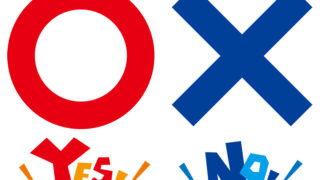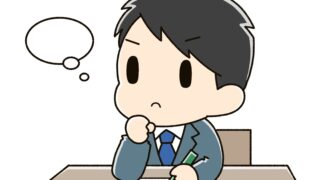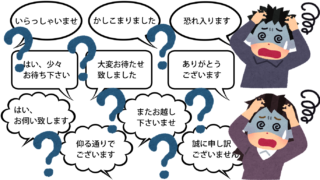 文法(ぶんぽう):Grammer
文法(ぶんぽう):Grammer The quiz of “Keigo”!! ~”Sonkeigo” vs “Kenjougo”~
Do you understand the difference between "Sonkeigo" and "Kenjougo"?
If not, let's try this quiz!!
 文法(ぶんぽう):Grammer
文法(ぶんぽう):Grammer  日本人のコミュニケーション:Japanese communication
日本人のコミュニケーション:Japanese communication  日本人のコミュニケーション:Japanese communication
日本人のコミュニケーション:Japanese communication  日本人のコミュニケーション:Japanese communication
日本人のコミュニケーション:Japanese communication  日本人のコミュニケーション:Japanese communication
日本人のコミュニケーション:Japanese communication  日本人のコミュニケーション:Japanese communication
日本人のコミュニケーション:Japanese communication  日本人のコミュニケーション:Japanese communication
日本人のコミュニケーション:Japanese communication  日本人のコミュニケーション:Japanese communication
日本人のコミュニケーション:Japanese communication